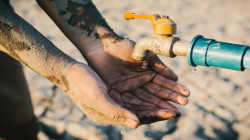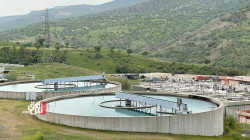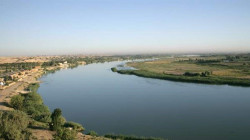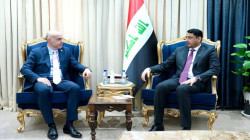Iraq's water crisis far from over despite recent rains
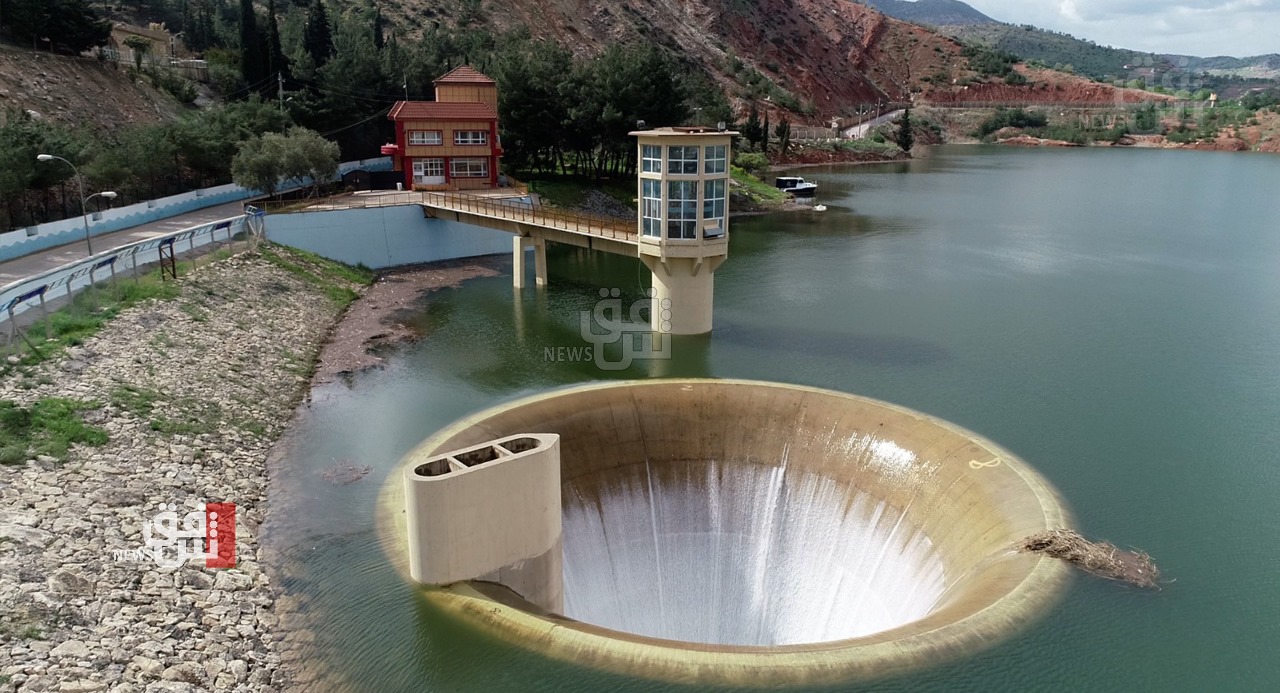
Shafaq News/ Recent heavy rains in Iraq have sparked optimism as water levels in the country's dams have surged after enduring four years of debilitating drought. This resurgence in water reserves is a positive development for Iraq, which suffers from severe environmental challenges exacerbated during scorching summer temperatures that often surpass fifty degrees Celsius.
On Sunday, the Iraqi Ministry of Water Resources announced that the recent downpours have been effectively harnessed to bolster water reserves across Iraq's critical dams.
Torrential rains sweeping through the nation triggered floods primarily in the northern and eastern regions, enhancing water levels in key dams such as Mosul, Dokan, Darbandikhan, Hamrin, and Al-Azim.
In a strategic move, the ministry redirected water from the Upper Zab River and the rear of major dams to Lake Tharthar, fortifying the water supply for the Euphrates River during the challenging summer months. Furthermore, recent floodwaters from the southern, and eastern regions, sourced south of storage dams, were strategically utilized to increase water inflows into marshlands (Al-Ahwar), resulting in An expansion of water coverage in these vital ecological zones.
The ministry's ongoing efforts include comprehensive plans to strengthen water reserves throughout the remaining winter season, leveraging the revenues generated from snowmelt in the upper Tigris and Euphrates basins.
Notably, the Darbandikhan Dam had reached its total capacity due to the recent rainfall surge, necessitating the controlled discharge of water revenues through waterways, with a portion earmarked for storage in the downstream Hamrin Dam.
However, water strategy expert Ramadan Hamza expressed cautious optimism, questioning Iraq's readiness to capitalize on the current abundance of rainfall.
Hamza pointed out the absence of long-term strategic planning by the Ministry of Water Resources to secure adequate water storage for future seasons, which is potentially vulnerable to drought episodes.
"it is essential for Iraq to negotiate and solidify its water shares with neighboring Turkiye and Iran to sustain Iraq's water security." He told Shafaq News Agency.
Notably, Iraq faces a severe threat due to climate change.
The country has grappled with escalating drought, rising temperatures, diminishing water bodies, decreased rainfall, and water scarcity, leading to 70% of agricultural land drying.
Experts say that one of the leading causes of this problem is the high dependence on imported water for irrigation, which consumes more than three-quarters of the country's total water use.
Another cause is Iran and Turkiye's construction of dams and irrigation systems, reducing water flow into rivers and marshes.
The decrease in water availability has affected Iraq's agricultural sector and worsened the humanitarian situation.
According to the U.N. Environment Programme, Iraq is the fifth most vulnerable country in the world to extreme temperatures and water shortages.
In a previous statement, the Iraqi Ministry of Water Resources claimed that it has preserved and increased its strategic reserve, consisting of artificial lakes formed by dams and river barriers and natural lakes such as Tharthar, Habbaniyah, and other wetlands. However, this reserve has reached its lowest level in Iraq's history.
